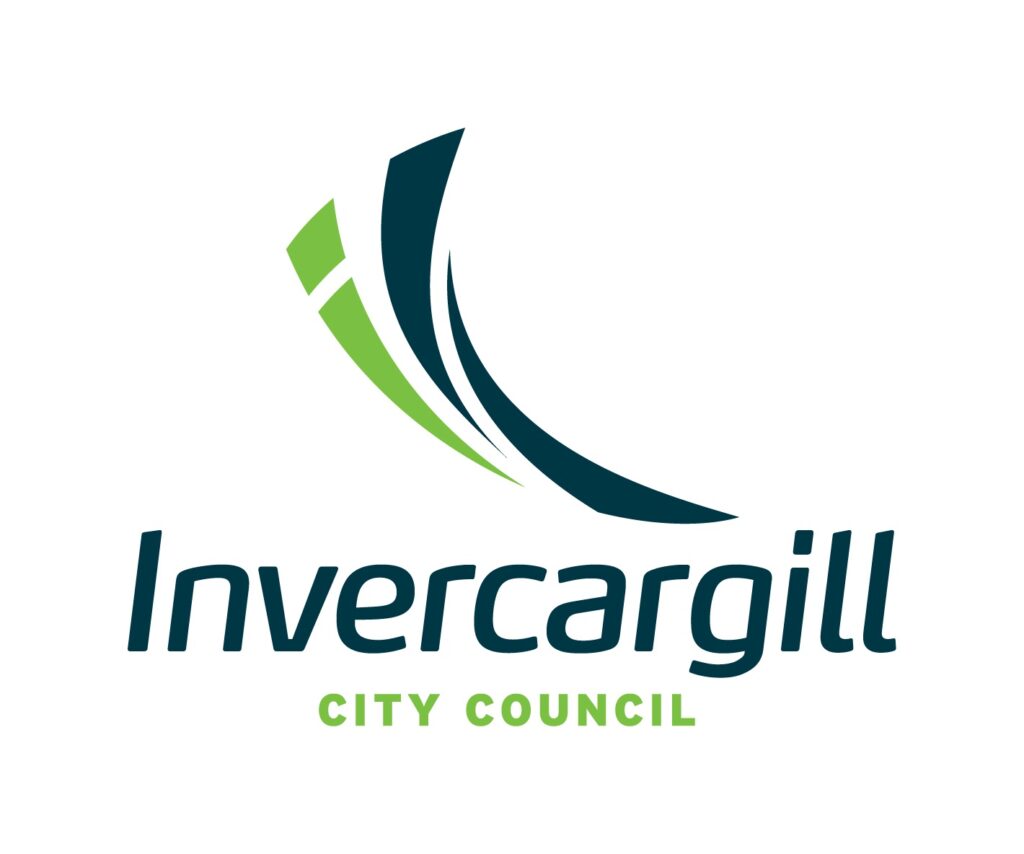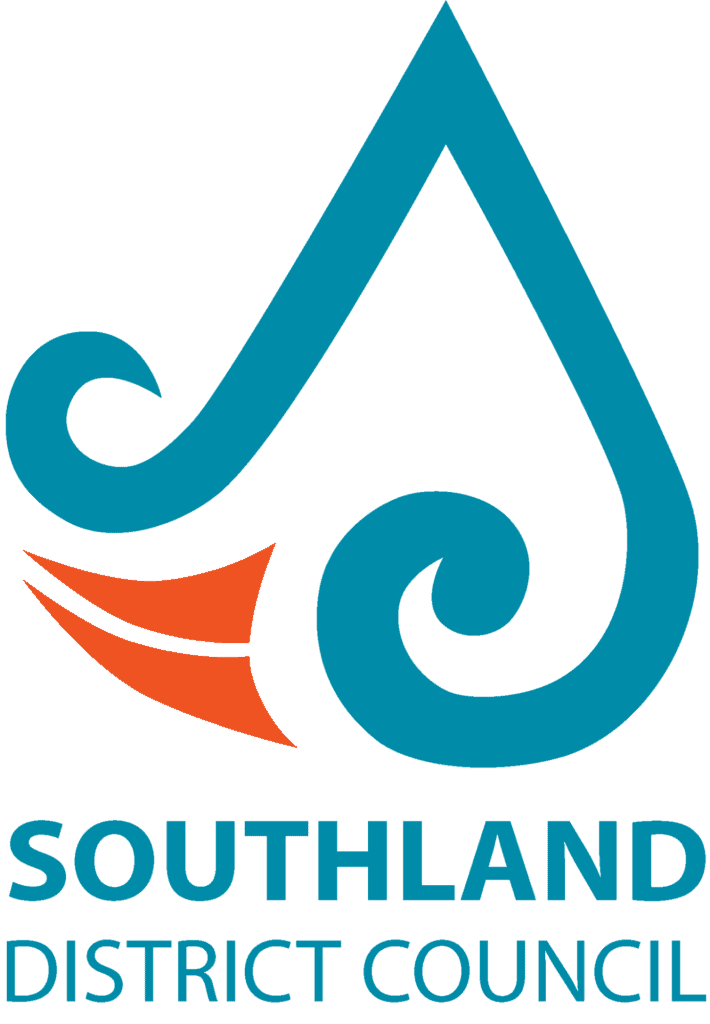Recycling Bin Inspections
Recycling Bin Inspections are Back!
Starting 10 February 2025, bin inspections will return to help ensure the contents of kerbside recycling bins meet the right standards.
Why Inspections Matter
While most Southlanders do a fantastic job recycling, some recycling bins still contain contaminated items, undermining the efforts of those who carefully clean, dry, and sort their recyclables. Too much contamination (think of coffee cups with coffee still in them, nappies or other things that spread), can result in an entire truckload being sent to landfill instead of being sorted, sold, and reused. In some cases, highly contaminated loads pose health risks, especially since Southland’s recycling is hand-sorted.
We’re bringing back recycling bin inspections to:
- Reduce waste going to landfill.
- Protect those who sort our recycling by hand.
- Save ratepayers money in disposal and transport costs of contaminated trucks.
What's Changed?
With the government standardising kerbside collections on 1 February 2024, some items that were previously accepted are no longer allowed in your recycling bin. These include:
- Aluminium foil or trays.
- Aerosols (like fly spray or spray deodorant).
- Lids, tops, caps, pumps or trigger sprays.
- Small plastics or papers – For containers, please nothing smaller than a hummus pottle, and when it comes to paper – nothing smaller than a Post-It note.
- Large plastics or metal cans – Anything over 4 litres such as large water dispensers, or large olive oil tins.
- Plastics 3, 4, 6, and 7 – look for the triangle on a plastic container to see what type it is.
- Liquid paperboard cartons (like milk cartons or juice cartons).
How do bin inspections work?
Starting on 10 February 2025, real humans—not Bitz McGee—will begin conducting the inspections within the Invercargill City Council and Southland District Council boundaries. Inspections will occur on your regular collection day if the inspectors are in your neighbourhood.
The Recycling Bin Inspectors will check for non-recyclable materials in yellow-lidded recycling bins. After each inspection, inspectors will leave a bin tag with helpful feedback to improve your recycling habits. In some cases, you may also receive additional guidance via a letter in your letterbox.
There are three types of bin tags that inspectors may leave:

If your recycling is sorted correctly, you’ll receive a “great” tag with a smiley face as a thank-you for recycling well.

If there’s a small amount of accidental non-recyclable items—such as lids, polystyrene, aluminium foil, or the wrong type of plastic—you’ll receive an “almost” tag with tips to help you recycle correctly next time.

If your bin contains significant contamination, such as rubbish or too many non-recyclable items, you’ll receive a red “Oh No!” tag. Unfortunately, bins with a red tag won’t be emptied. Please remove the non-recyclable items by your next collection day.
3-Strikes Recycling System:
From 31st March 2025, if you receive 3 red tags over the course of a calendar year, the recycling bin will be removed, and the service will be suspended until the resident signs a Reinstatement Agreement Form to reactivate the service. Questions about the 3-Strikes System? The FAQ section below has all the answers.
FAQ's
General Questions
Why is this programme being implemented?
Unfortunately, some recycling bins still contain contaminated items, undermining the efforts of those who carefully clean, dry, and sort their recyclables. Too much contamination (think of coffee cups with coffee still in them, nappies or other things that spread onto all recycling in the truck already), can result in an entire truckload being sent to landfill instead of being sorted, sold, and reused. In some cases, highly contaminated loads pose health risks, especially since Southland’s recycling is hand-sorted.
We’re bringing back recycling bin inspections to:
- Reduce waste going to landfill.
- Protect those who sort our recycling by hand.
- Save ratepayers money in disposal and transport costs of contaminated trucks.
Where is this programme being implemented?
Within the Invercargill City Council and Southland District Council boundaries.
Will Gore be included in the bin inspections?
No. The bin inspections will only take place within the Invercargill City Council and Southland District Council boundaries.
Will the Recycling Bin Inspectors be emptying the bins or just looking under the lid?
The inspectors will be opening bin lids and looking at the contents of wheelie bins which are on the roadside waiting for collection. The inspectors may shift the bin from side to side to get a better look at what is in the bins, however they will not be sorting through all of the material in the bins.
As long as you have not received a red tag, the recycling truck will follow shortly after the inspectors and empty your bin as usual.
What will the Recycling Bin Inspectors look for?
Recycling Bin Inspectors are looking for materials that cannot be recycled such as: plastic bags, food scraps, hazardous waste, batteries, polystyrene, electronics, liquid paperboard cartons, lids, tops, caps, aerosols and more. For more information on what goes in the yellow bin, click here!
How will I know the results of my bin inspection?
Your bin will receive one of three tags:
- Green: “Great” = Good recycling, thank you – Bin emptied.
- Orange: “Almost” = A few non-recyclable items are in your bin, but we have accepted it today. Please read more about what can/cannot be recycled – Bin emptied.
- Red: “Oh No” = Contaminated bin – No collection due to many non-recyclable items (significant contamination).
If you receive an orange or red tag, your bin inspector will leave helpful notes highlighting what was in the bin that cannot be recycled.
Do I have to pay for the bin inspections?
No, the Recycling Bin Inspection Programme is free for residents.
How often will inspections take place?
Inspections will be occurring regularly across the Southland District and Invercargill City areas. Inspectors will review recycling bins on your regular collection day if they are in your neighbourhood.
Will my bin be emptied if it gets a red tag?
No, if a property’s recycling bin is inspected and found to have too many non-recyclable items in it (we call this contamination), it will be given a red tag and will not be emptied.
What do I do if my bin has a red tag?
If your yellow-lidded recycling bin has been tagged, please remove the contaminant and dispose of it into your rubbish (landfill) bin. Both the tag and the flyer left in your letterbox will tell you what item needs to be removed. Once removed, put the bin out on the kerbside for the next scheduled collection.
What if I disagree with a red tag?
Our recycling bin inspectors will photograph the contamination in the bin that has caused concern and resulted in the leaving of the red tag, and therefore your bin not being emptied. You can contact us to discuss the issue. Our goal is to educate, not punish, so we’ll work with you to understand and if possible, resolve concerns.
Contact WasteNet on wastenet@icc.govt.nz
- If you live within the Invercargill City Council boundary, you can call the ICC call centre: (03) 211 1777
- If you live within the Southland District Council boundary, you can call the SDC call centre: 0800 732 732 or (03) 211 2500
Will this programme increase my rates or taxes?
No, the Bin Inspection Programme is covered under existing waste management budgets.
How do I acquire a yellow bin in the first place?
Solid Waste Kerbside Collection Council sets a targeted rate to fund the provision of kerbside removal of refuse and recycling within the service area. This is set as a fixed charge per provision of the service for residential, commercial and industrial properties within the service area.
For ICC: An additional set of bins can be provided at full cost: https://icc.govt.nz/wp-content/uploads/2024/09/Rating-Policy-2024.pdf
Is the bin tag recyclable?
Unfortunately, the tags are not recyclable. Paper or cardboard cannot be used as it is not durable enough to withstand our weather. If you are removing a bin tag, please dispose of it in the rubbish bin.
If a bin tag accidentally ends up in your recycling bin and is the only non-recyclable item, you won’t be penalised. However, you will receive minor feedback reminding you to keep tags out of the recycling bin
Education & Support
How can I learn more about proper recycling?
You’re in the right place! We have several resources available on our website. Start by checking out our handy search function to learn more about what goes in the yellow bin.
Who can I contact if I have questions?
You can contact WasteNet by emailing wastenet@icc.govt.nz
- If you live within the Invercargill City Council boundary, you can call the ICC call centre: (03) 211 1777
- If you live within the Southland District Council boundary, you can call the SDC call centre:0800 732 732 or (03) 211 2500
You can also visit www.wastenet.org.nz for more information.
3-Strikes Recycling System
What is the 3-Strikes Recycling System?
The recycling bin inspectors are here to help you recycle materials that can be recycled and to ensure non-recyclable materials don’t get into the recycling stream. If they find non-recyclable materials in recycling bins, then they will leave advice on what is wrong and what you can do to improve the materials in the recycling bin. If a property’s recycling bin is inspected and found to have too many non-recyclable items in it or if there is significant contamination, it will be given a red tag and will not be emptied.
The recycling bin inspectors will make follow-up checks, leaving letters with advice. If a property’s bin has a high level of non-recyclable materials (significant contamination) and has received 3 red tags over the course of a calendar year, the recycling bin will be removed, and the service will be suspended until the resident signs a Reinstatement Agreement Form to reactivate the service. Part of the agreement of getting the bin back will be that the bin is continued to be checked by Bin Inspectors.
Help! My bin has been removed. How do I get it back?
Your recycling bin was removed due to repeated contamination with non-recyclable items. Before removal, we tagged your bin twice to notify you of the issue and sent you a warning letter.
If your bin has been taken away, you will receive a letter in your mailbox explaining why. The letter includes a Reinstatement Agreement Form, which you must complete and sign to confirm that you will only place recyclable materials in your yellow-lidded bin. The form also provides guidelines on what can and cannot go into your recycling bin.
To have your bin reinstated:
Complete and sign the form.
Return it to WasteNet using one of the following methods:
Post: Fold the form along the green lines so the self-addressed section is visible, then mail it back.
In-person: Drop it off at one of our service centers (ICC or SDC).
Email: Scan the completed form and send it to wastenet@icc.govt.nz.
Once WasteNet receives your signed form, your bin will be reinstated and returned to you.
How can I avoid getting strikes, red tags, or my bin being removed?
Avoid strikes by ensuring only recyclable items go into your yellow bin. Use our recycling guide or visit our “What Goes in the Bin” search function (https://www.wastenet.org.nz/a-z-item-search/) on the WasteNet website for detailed instructions.
If my bin is removed, do I get money back from my rates?
No, the Bin Inspection Programme is designed to provide education to households about using the service provided by your Council. If your bin has been removed, it means there have been ongoing issues with non-recyclable materials in your yellow-lidded bin, despite previous guidance. Our goal is to support proper recycling practices, and we encourage you to review the information provided to ensure your bin can be reinstated.
If my yellow-lidded recycling bin is removed from my property, will it be replaced by a rubbish bin?
No, your property already has a red-lidded rubbish bin, which is serviced regularly. If your recycling bin is removed, we encourage you to follow the steps to get it reinstated.
I can't find my Reinstatement Agreement Form. Can I get another?
If your bin is removed, a letter will be put into your letter box. One side will explain why your bin has been removed, on the other is a Reinstatement Agreement Form. If you cannot find this letter, then contact WasteNet by emailing wastenet@icc.govt.nz or if you live within:
- Invercargill City Council boundary, you can call the ICC call centre: (03) 211 1777
- Southland District Council boundary, you can call the SDC call centre: 0800 732 732 or (03) 211 2500
If you provide an email or physical address, then we can email or post a form out to you.
Who to contact if you have questions:
Please reach out to your respective council or send us an email directly.

Invercargill CIty Council
Phone: (03) 211 1777

Southland district Council
Phone: 0800 732 732

Wastenet Southland
Email: wastenet@icc.govt.nz

